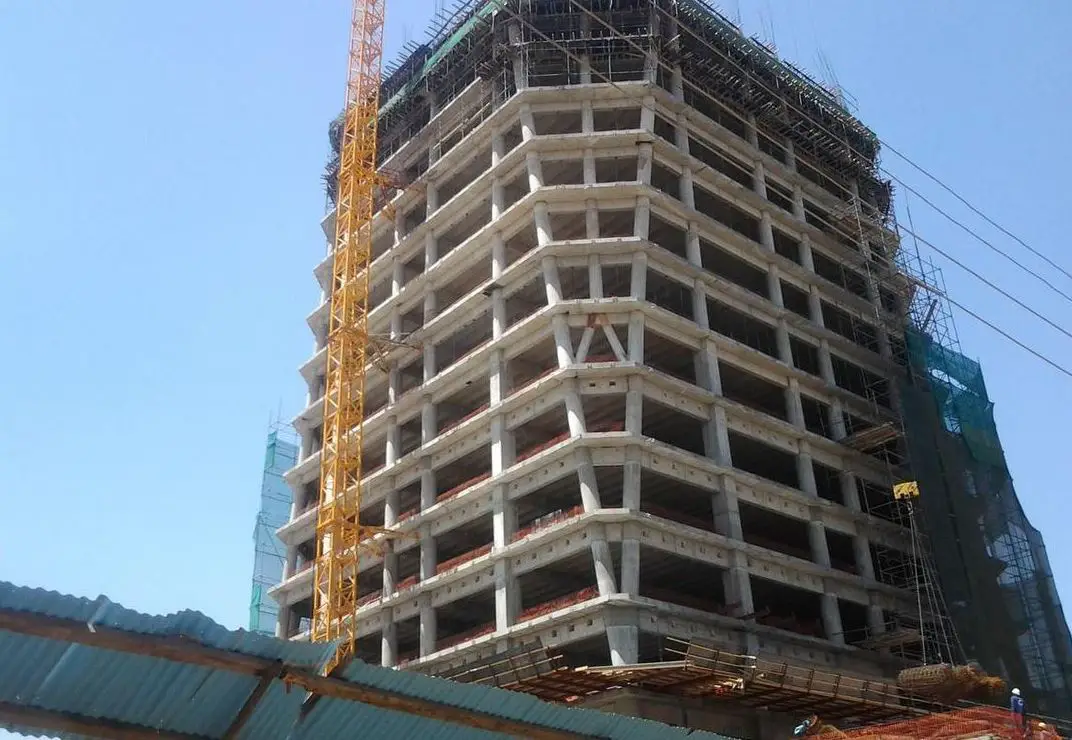Professionals in the construction industry in Kenya will undergo retraining after the government approved new building regulations in Kenya in which British standards will be discarded in favour of European norms now in use globally.
The Kenya Bureau of Standards (KEBS) Managing Director Charles Ongwae confirmed the news and said that professionals will have to undergo retraining. He further pointed out that Moi University had agreed to undertake the retraining exercise which is projected to take five years before being certified as Eurocode compliant.
“Moi University has agreed to undertake the retraining exercise which will take a maximum of five years before being certified as Eurocode compliant, the university has confirmed that it is developing a curriculum that will be used for the training “said Mr. Ongwae.
The European standards are preferred since they require uniformity in structural design of buildings and any other civil engineering works comprising of geotechnical aspects and structural features. They also have a preference because they promote greater transparency in design methods and will ease communication between designers, authorities and the clients.
Furthermore, the new standards will promote harmony and improve safety in the construction sector that has lately been headlined following collapse of many buildings in the country.
According to the Managing Director, the initiative will enable Kenyan engineers to compete internationally with their peers who use the Eurocode standards in all their construction projects.
“The British Standards Institute is currently undertaking the replacement of its codes to the structural Eurocode and Kenya risks being left using obsolete British standards and codes of practice that will no longer be relevant,” he said.
According to KEBS, no product that does not conform to Eurocode will be allowed in the market come 2021.
KEBS is mandated to facilitate trade and they help companies to access new markets, they level the playing field for developing countries.

